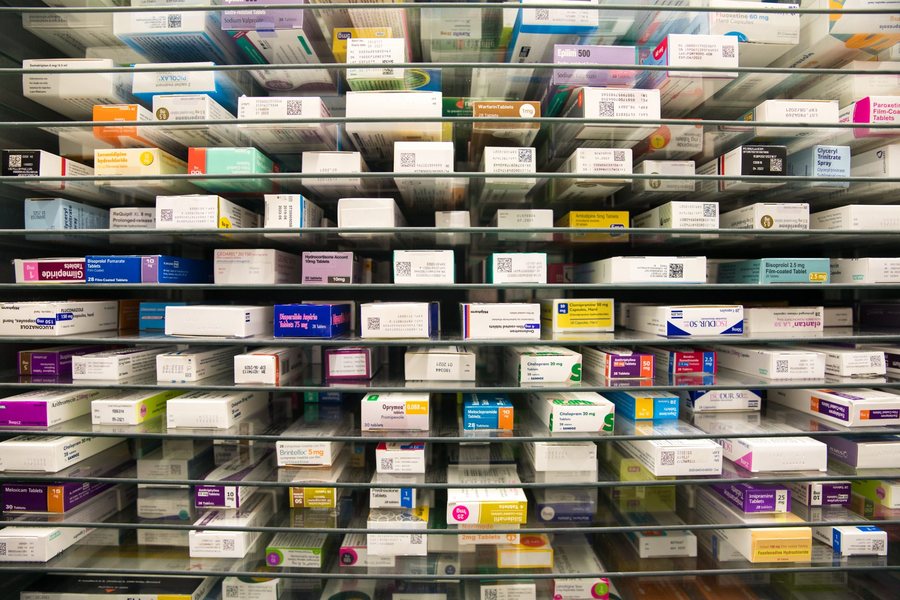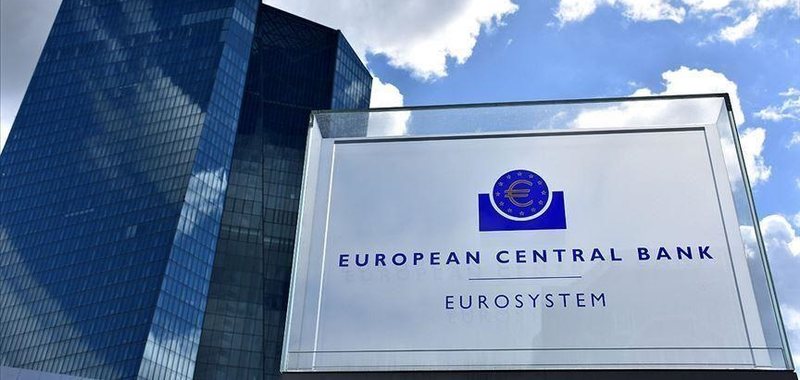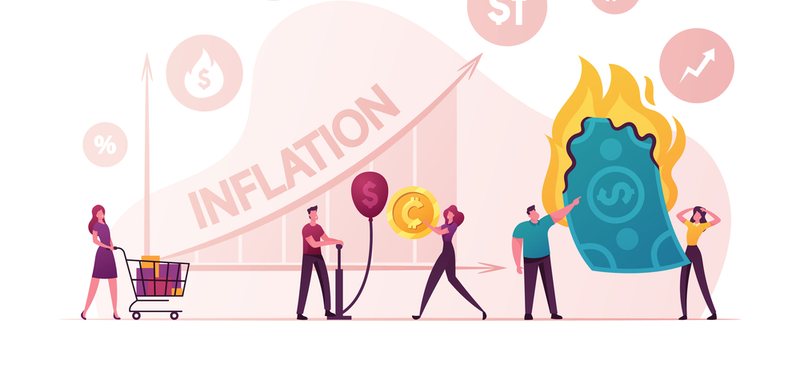If the US saves, Europe pays - Lowering US drug prices endangers access to medicines in the EU

President Donald Trump's move to match drug prices in the United States to the lowest levels in major trading nations is worrying industry and analysts in Europe, who warn of delays in bringing new drugs to market and price hikes in European markets.
In late July, Trump asked drugmakers to adjust prices in the US to the most favorable pricing policy within two months, threatening tough measures if these demands were not met. This is the US president's second attempt to impose this pricing system, after the first in 2020 was blocked by a federal judge. The current situation is raising concerns in Europe about the possibility of delays, higher prices and limited access to innovative drugs.
Industry experts explain that aligning prices in the US with lower prices in other developed countries would have a major impact on the European Union. Since the US is the world's largest market for drugs, a price cut there would hit the industry hard. But instead of cutting costs in the US, companies may choose to raise prices or delay new products in smaller markets, including Europe. Such a delay would make things worse for European patients, especially those who need innovative medicines.
Eucope, an organization of European pharmaceutical companies, emphasizes that small and medium-sized enterprises, especially those developing drugs for rare diseases, will feel this blow more, as they are less able to withstand revenue losses.
Another possible industry strategy could be to raise average prices for larger markets, thus excluding poorer countries and increasing inequalities between Western and Eastern Europe.
It is not yet known whether Trump's scheme will be based on official prices or net prices, which reflect discounts and confidential agreements. Obtaining data on net prices is almost impossible, so the initiative could lead to increases in official prices without changing much the real costs that patients and states pay. This could only create an illusion of price harmonisation, while in practice, the scheme may not be effectively implemented.
The initiative comes at a time of transatlantic trade tensions, with the US threatening tariffs on pharmaceutical imports, threatening global supply chains and risking rising drug prices in the US. Under a trade deal with Trump, the European Union expects these tariffs to not exceed 15%, but that would be enough to drive up the costs of drugs sold in the US.

Israel launches military operation in Gaza - Accelerating plans against Hamas, despite international criticism
The Israeli military announced that it has launched the first stages of an operation to take control of Gaza City, calling up tens of thousands of reservists......

Trade uncertainty "covers" Europe - ECB head warns of economic slowdown, despite pact with US
The eurozone economy is likely to experience slower growth this quarter, while uncertainties over global trade remain present, European Central Bank......

Battery-powered train sets world record - Travels 322 km on a single charge, reduces environmental pollution
A battery-electric train has set a new world record for the longest journey on a single charge, covering around 322 kilometres (200 miles) between Reading,......

Luxury brand imitations banned at customs - Conditions also for citizens' luggage, law enters into force
Traders, as well as citizens who attempt to import counterfeit products into Albania, will be blocked at customs points. The new trademark law, which......

Families and businesses invested more than they saved - BoA Report: Negative balance for the private sector. The public sector, with growth in both
Albanian households and businesses have invested more than they have saved. According to the Bank of Albania's analysis of developments in the external......

Çmimet në Shqipëri barazojnë Europën/ Sipas Eurostat, inflacioni arrin në 2.4%. Rajoni vijon të jetë më i shtrenjtë
Indeksi i Harmonizuar i Çmimeve të Konsumit, që mat rritjen e çmimeve sipas metodologjisë së ‘Agjencisë Europiane të Statistikave’, në muajin Korrik të vitit......

Doubling of fines for greenhouse gases - The draft law "On Climate Change" tightens administrative measures for violators
The government has proposed amendments to the law "On Climate Change", which, among other things, foresees a doubling of fines for entities that violate......

3 new institutions for food safety are established - Control is strengthened. From pesticides, to GMOs and meat
From August 1, 2027, Albania will have a more robust control system for businesses that produce, import and trade food products in the country, significantly......


















